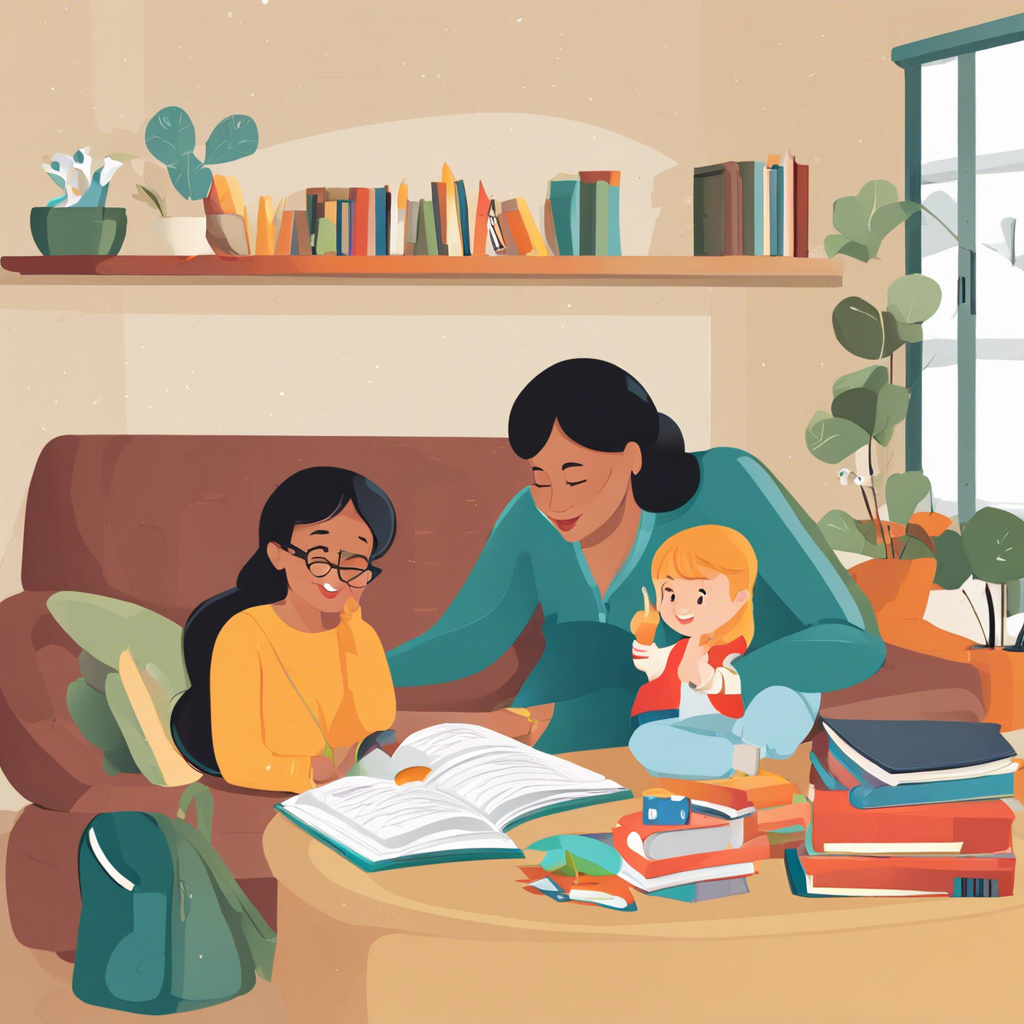Many parents want to be actively involved in their child’s education and support their learning journey. Fostering a positive learning environment at home can significantly impact a child’s academic success and overall development. Here are some practical ways parents can become active participants in their child’s learning process and make home an extension of the classroom.
First and foremost, create a dedicated study space for your child. Having a quiet and organized area for studying can help improve concentration and productivity. Ensure the space is free from distractions and equipped with the necessary resources, such as books, stationery, and a comfortable desk and chair. Consistency is key, so encourage your child to use this space regularly for homework, reading, or creative projects. Setting a routine around study time can also be beneficial. Work together to establish a daily or weekly schedule that includes dedicated hours for learning activities. This routine will help your child develop good study habits and time management skills. Make learning engaging by incorporating interactive elements. For younger children, this might involve educational games or hands-on activities like science experiments or art projects. For older kids, online educational platforms and interactive apps can make learning more enjoyable. Websites and apps can provide personalized learning experiences tailored to your child’s needs and interests.
Another crucial aspect of supporting your child’s education is staying involved and showing genuine interest. Regularly communicate with your child’s teachers to understand their progress, areas of improvement, and any upcoming projects or assessments. Attend parent-teacher conferences and school events to show your child that their education is a family priority. Additionally, encourage reading and writing at home. Keep a variety of age-appropriate books and magazines available and set aside time for daily reading. This can be a calming way to end the day or a fun weekend activity where you and your child read together or discuss what you’ve read individually. Journaling or creative writing can also be encouraged to develop writing skills and self-expression. Finally, consider incorporating educational outings and experiences. Visit museums, art galleries, historical sites, or even local businesses to provide real-world connections to what your child is learning in school. These trips can make learning more tangible and memorable. By actively participating in your child’s education and creating a stimulating environment at home, you can significantly contribute to their academic success and foster a lifelong love of learning.
